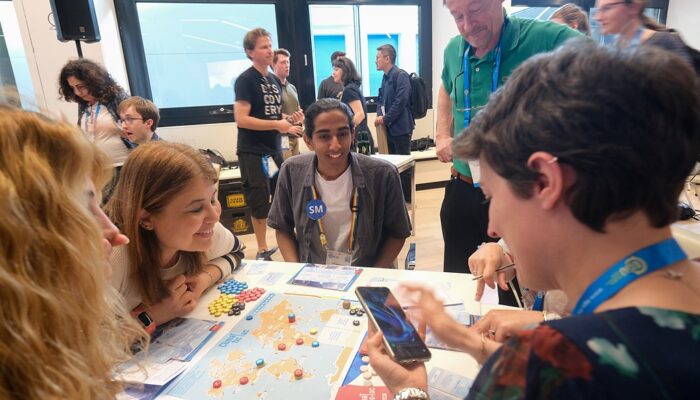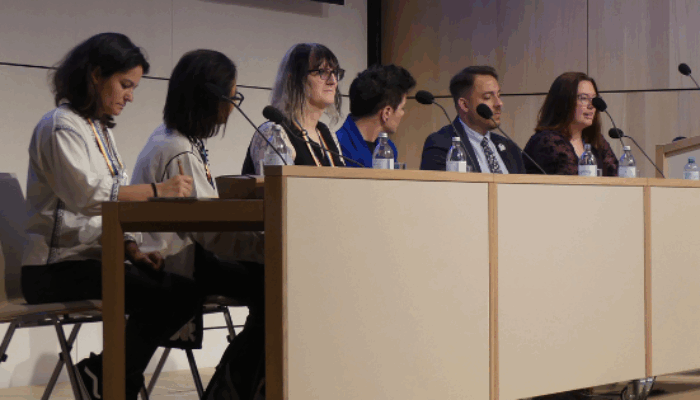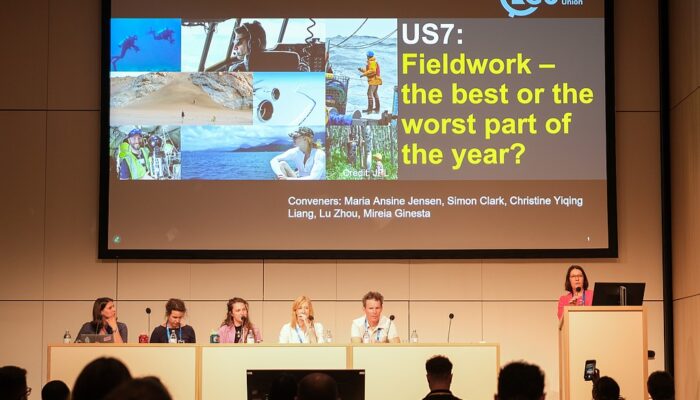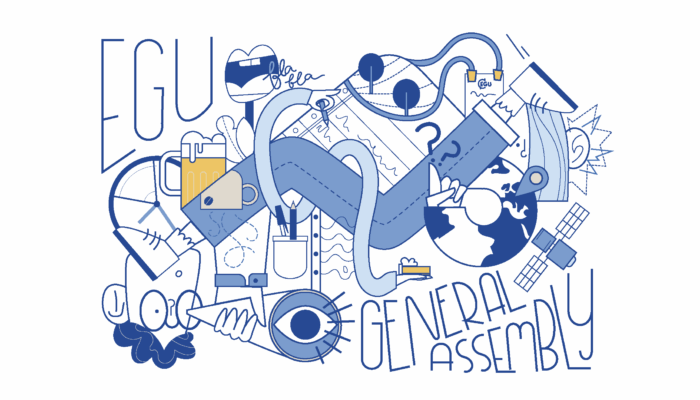The far-reaching impact of play on learning has been celebrated through the centuries. Be it the work Schola Ludus by John Amos Comenius, Friedrich Schiller’s Spieltrieb, Johan Huizinga’s Homo ludens… or the Geoscience Games sessions during EGU General Assembly, which marked its 8th edition during EGU25. The EGU Geoscience Games sessions were founded by Chris Skinner, Rolf Hut, a ...[Read More]
Unethical science: On gender, discomfort, and the stories we tell
Reflections following the discussions held in the EGU25 Great Debate “Gender in Geoscience” (available to watch online if you missed it). “Fairytales are the fossils of human culture.” […] said Francesca Cavallo, author of Good Night Stories for Rebel Girls, during the Union Symposium US8 on “Gender in Geoscience” on the final day of the EGU General Assembly in Vienna. As a children’s ...[Read More]
Fieldwork maze: where are we and where are we going?
Bracing the elements to be rewarded with new data — and spectacular views in the process — can be an experience of a lifetime. Yet, zooming out of the easily romanticized image can quickly paint a different scene, where negative experiences from fieldwork drive people away from the research. Moreover, some fieldwork practices prevent people from participating in the first place. Shedding a spotlig ...[Read More]
The transformative worlds of EGU
About the unique trans-disciplinary exchanges EGU’s General Assemblies (GA) offer, and the far-reaching impact they can have.




